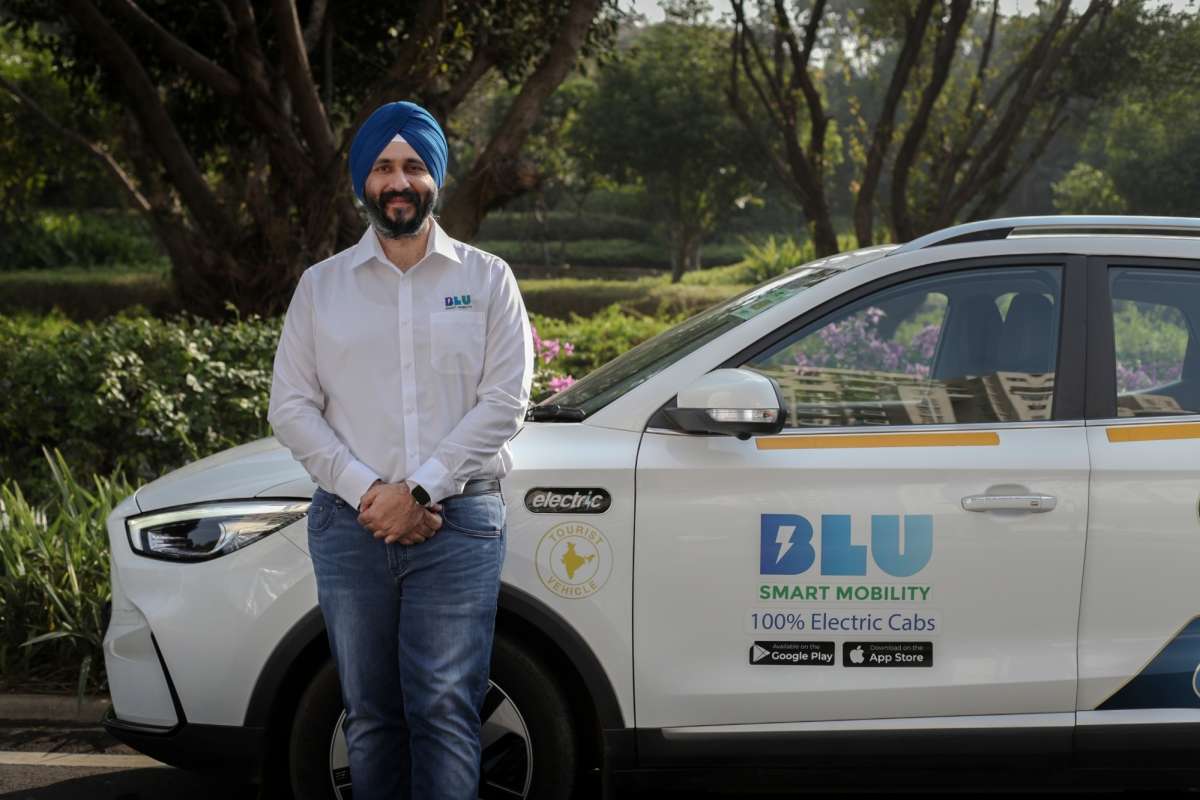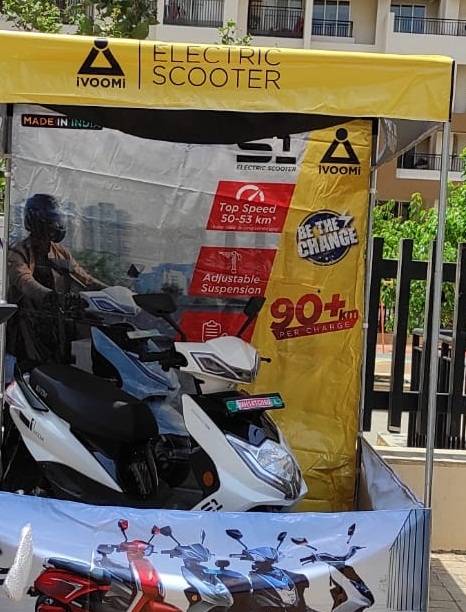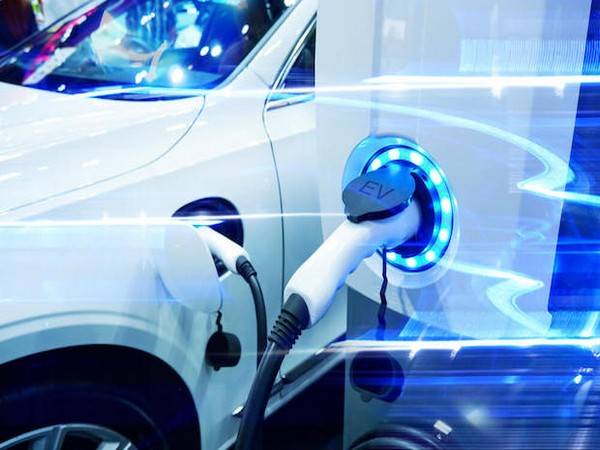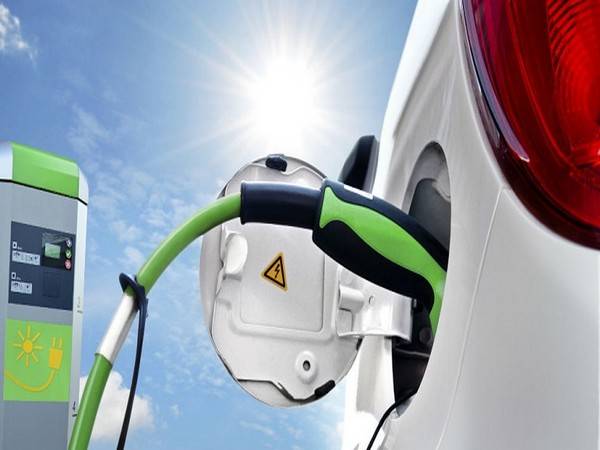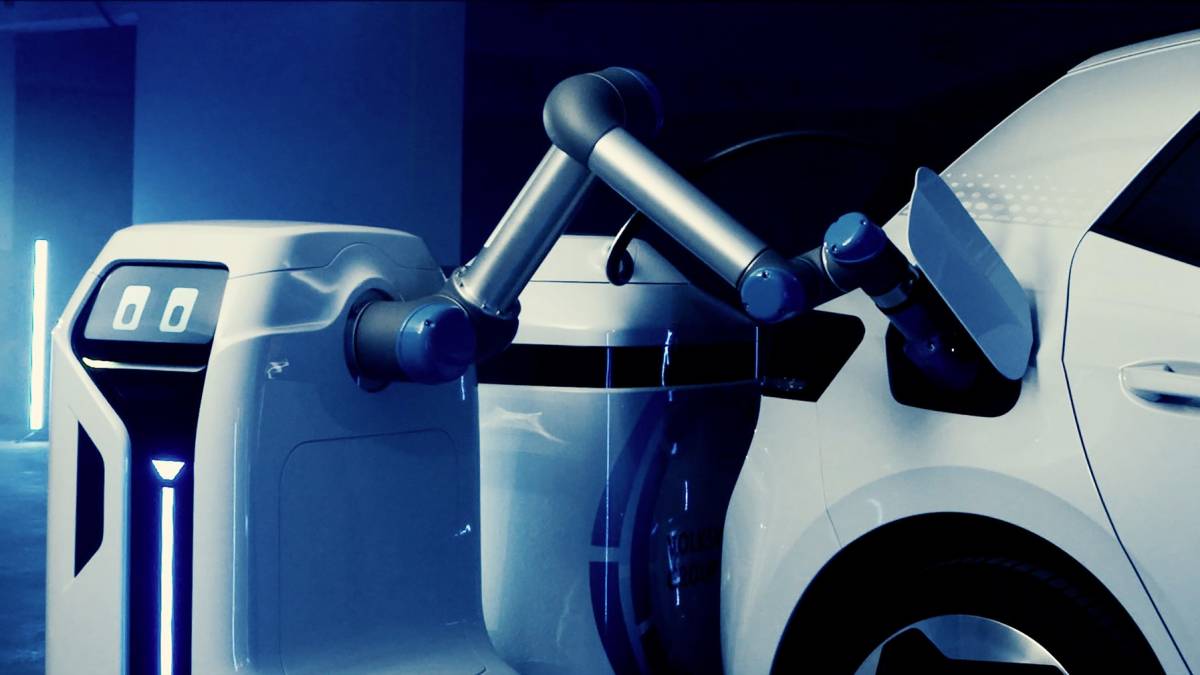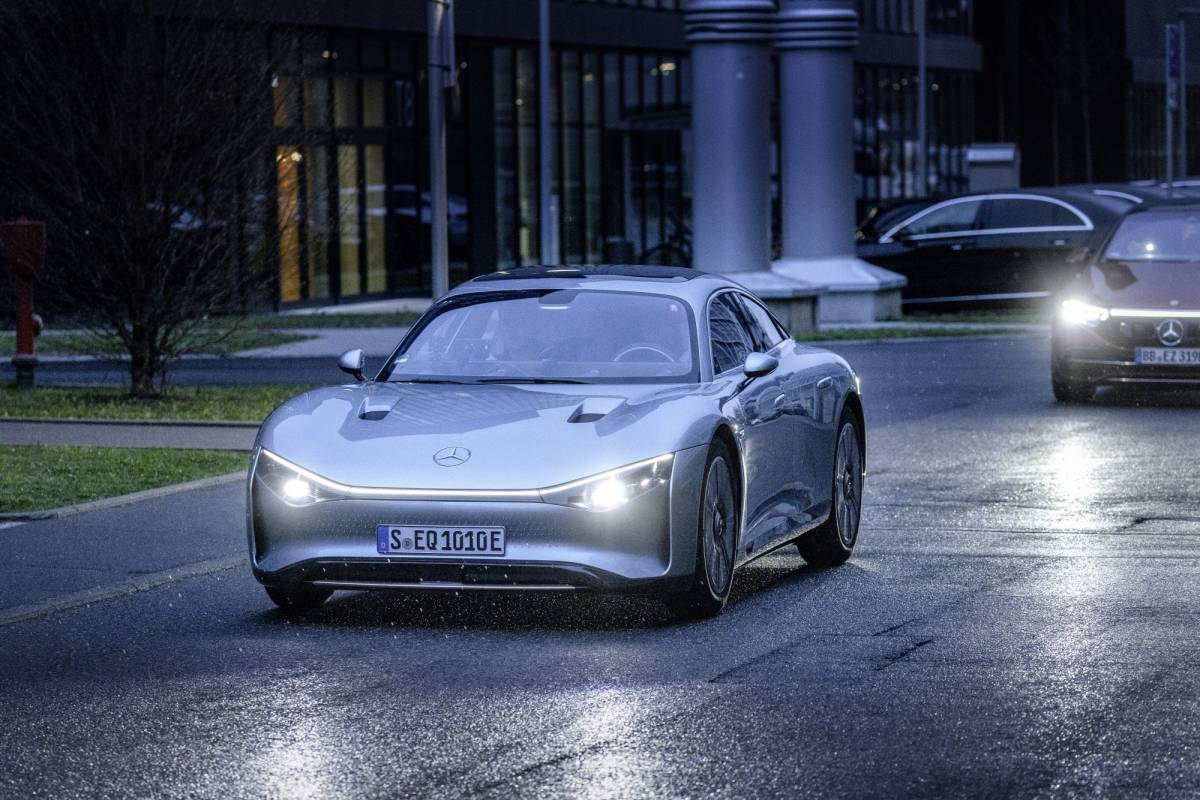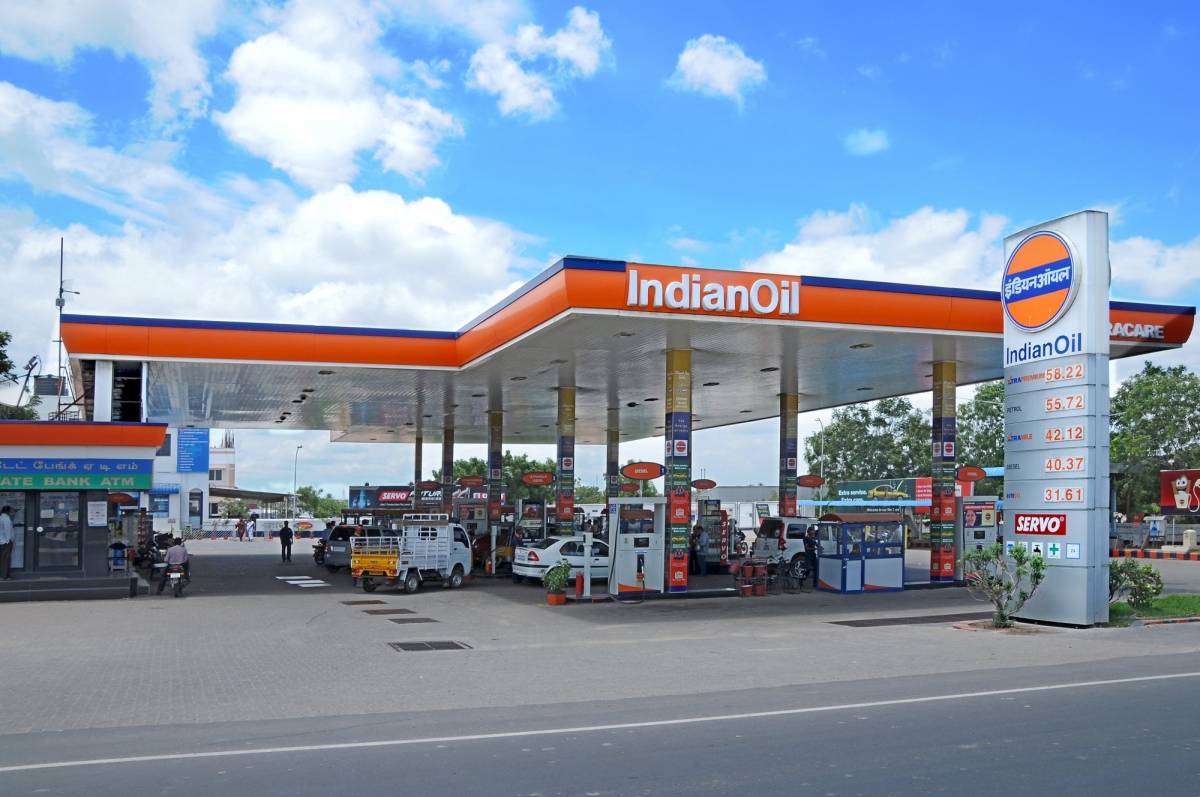EV sales are expected to reach over 14.5 million units by the end of 2023….reports Asian Lite News
One in every 7 cars sold during the first quarter this year was an electric vehicle, dominated by China’s BYD at 21.1 per cent market share while Tesla was at second spot, with 16 per cent share, a report showed on Wednesday.
Global passenger EV sales in Q1 2023 rose 32 per cent YoY. Battery EVs (BEVs) accounted for 73 per cent of all EV sales during the quarter, while plug-in hybrid EVs (PHEVs) made up the rest, according to Counterpoint Research.
EV sales are expected to reach over 14.5 million units by the end of 2023.
The US surpassed Germany to become the world’s second-largest EV market while China remained the leader.
“Tesla slashed prices for its models globally in January, following which other automotive brands announced similar cuts for their car models starting in February, which led to an improvement in EV sales,” said research analyst Abhik Mukherjee.
Global EV sales were largely driven by China with 56 per cent of total EV sales coming from this market.
During February and March, almost 40 automakers, including BYD, NIO, Xpeng, Volkswagen, BMW, Mercedes-Benz, Nissan, Honda and Toyota, reduced their vehicle prices by a couple of hundred dollars to tens of thousands of dollars, which eventually stoked a competitive price war in China.
In China, EV sales experienced a remarkable 29 per cent YoY growth, despite a 12 per cent decline in overall sales of passenger vehicles in the country.
The top 10 EV models accounted for 37 per cent of the total passenger EV sales. Tesla’s Model Y remained the best-selling model globally followed by Tesla’s Model 3 and BYD’s Song.
“Although sales of the traditional internal combustion engine (ICE) vehicles remained stable in Q1 2023 compared with that in the year-ago period, the significant growth in EV sales indicates a rapid transition from traditional vehicles to EVs,” commented senior analyst Soumen Mandal.


